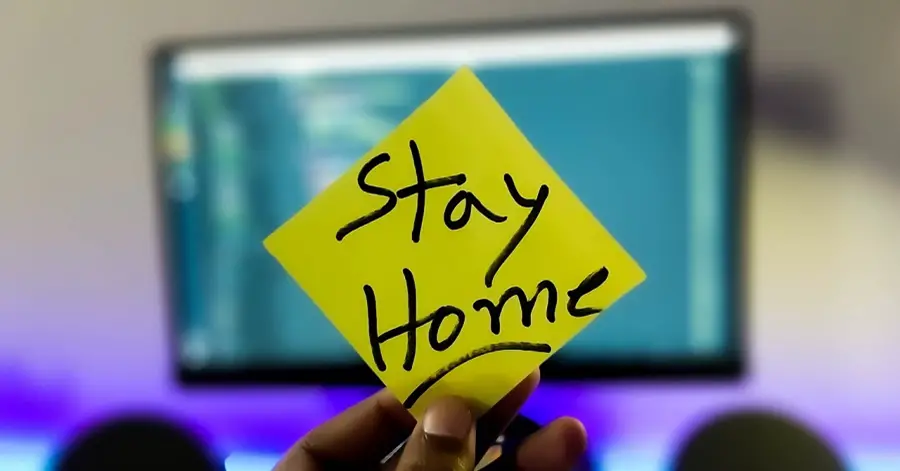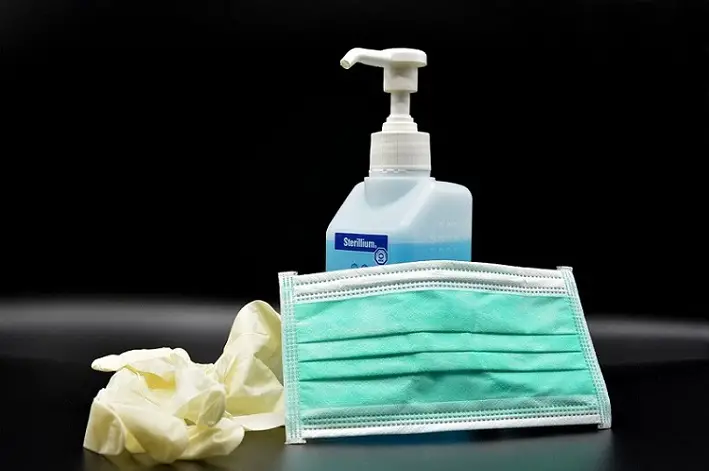Bahrain has imposed strict measures amid the current outbreak, such as limiting public gatherings, non-essential travel, and closure of some establishments. Other important measures taken to contain and prevent the outbreak are home quarantine and disinfection.
Basically, quarantine involves restricting the movement of a person who may have been exposed to the pandemic, but does not exhibit any symptoms. Meanwhile, disinfection refers to cleaning and other procedures taken to help prevent the spread of communicable disease.
Home Quarantine and Disinfection: A Guide
As part of a public awareness campaign to combat the outbreak, Bahrain’s Ministry of Health has published guidelines on home quarantine and disinfection. Based on these guidelines, we’d like to share these tips and information regarding quarantine and disinfection.
What is Home Quarantine?
As mentioned earlier, quarantine involves restricting the movement of a person who may have been exposed to the pandemic, but does not exhibit any symptoms. In other words, he/she is “asymptomatic” and does not require hospital admission.
When a person is under quarantine, he/she may not leave the home for any reason (except in case of fire and other emergencies), and for a specific period of time.
Who Should Undergo Home Quarantine?
A person should undergo home quarantine if he/she:
- Traveled from a country affected by the pandemic;
- May have been exposed, but is asymptomatic and can receive care at home;
- Was in close contact (e.g. at home, workplace, etc.) with a confirmed patient; and
- Provided direct care for a confirmed patient without personal protective equipment.
What are the Requirements for Home Quarantine?
The person under home quarantine must be in a house or apartment with access to basic amenities. He/she should have a well-ventilated bedroom, a healthy caregiver, and a communication tool (e.g. mobile phone). He/she should stay inside for a certain period, and not use shared facilities (e.g. communal gym or laundry area) with other residents.
What is the Role of the Public Health Directorate?
With regard to home quarantined persons, the Public Health Directorate is responsible for:
- Obtaining the contact information and medical history of the quarantined person;
- Providing the person with a 14-day sick leave from the time of swab collection;
- Providing the person with guidelines on home quarantine;
- Providing the person with required medication (if he/she is on regular medication); and
- Conducting daily follow-ups and issuing daily reports about the person to the Ministry of Health.
What are the Guidelines for Home Disinfection?
The place where a quarantined patient is staying should be cleaned and disinfected regularly to prevent contamination. Here are some tips for the caregiver or person assisting the patient:
- Regularly clean and disinfect surfaces (e.g. doors, tables, furniture) that are frequently touched in the room where the patient is staying.
- Clean and disinfect bathroom and toilet surfaces at least two times a day.
- Use household soap or detergent for initial cleaning. After rinsing, apply a disinfectant containing 0.5 percent sodium hypochlorite.
- Clean the patient’s clothes, towels, and bed linen using common household detergent at 60 to 90 degrees Celsius. (NOTE: Do not shake soiled laundry to avoid contamination.)
- Wear gloves and protective cleaning when cleaning surfaces or handling clothes or linen soiled with body fluids.
- Single-use gloves should be thrown after each use, while utility gloves should be cleaned and disinfected with 0.5 percent hypochlorite solution.
- Avoid direct exposure to things that the patient uses regularly (e.g. eating utensils, dishes, drinks, toothbrushes, etc).
DISCLAIMER: The above guide is presented for information-sharing purposes only. To learn more about home quarantine and disinfection, please visit the official website of the Ministry of Health.
ALSO READ: 5 Ways to Prevent the Spread of the Outbreak

